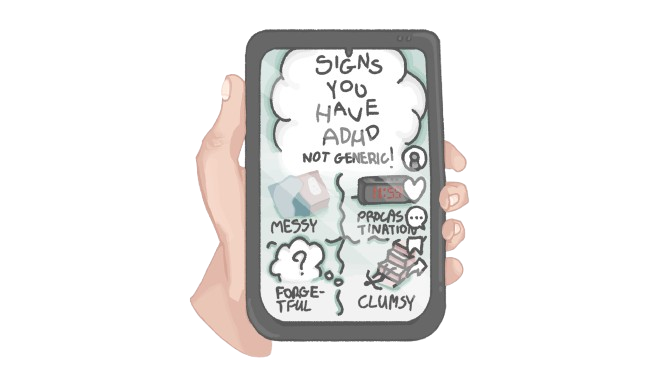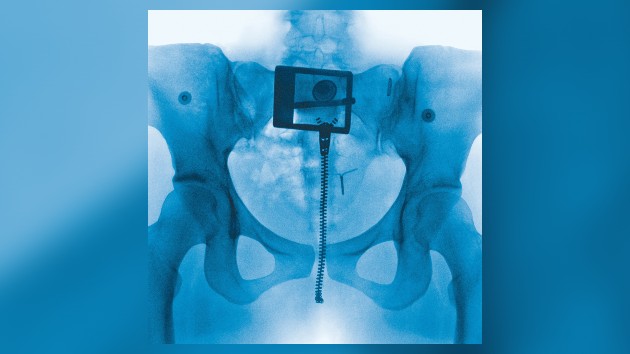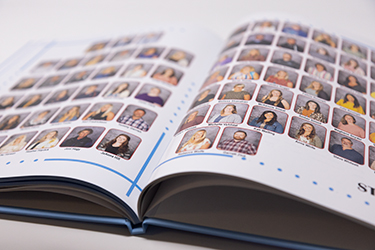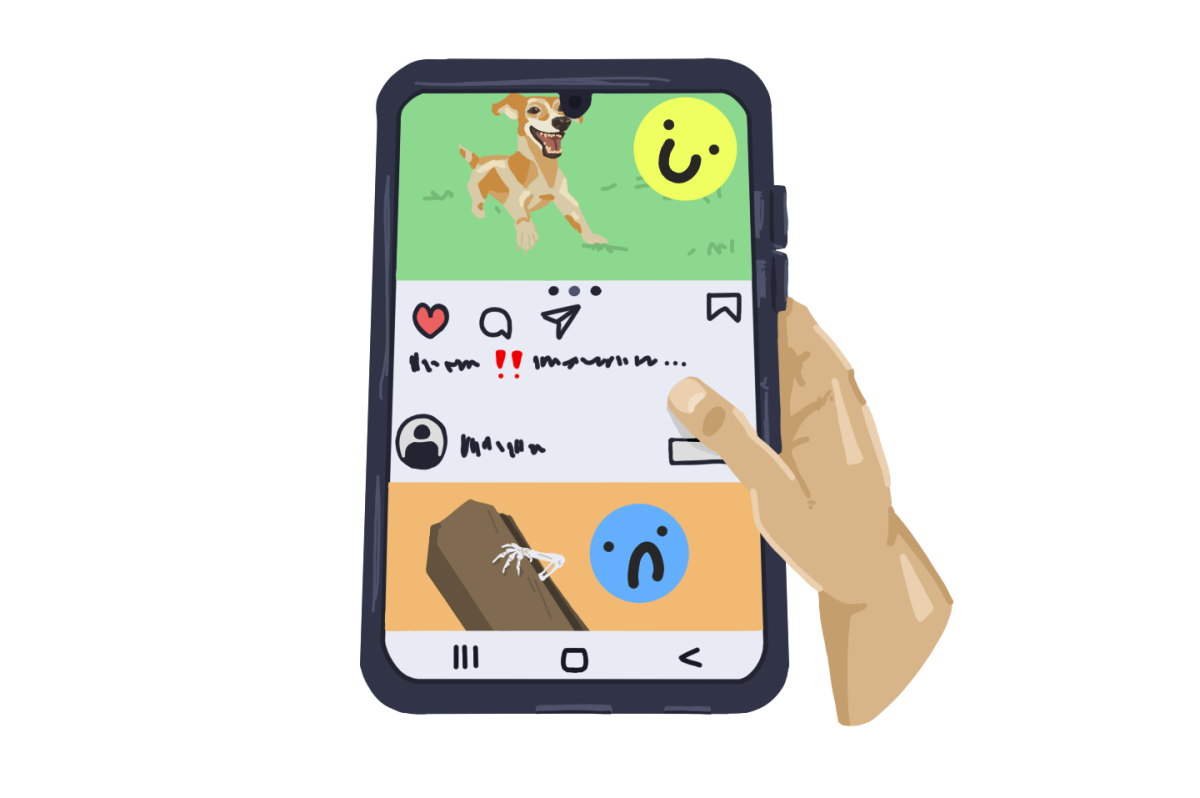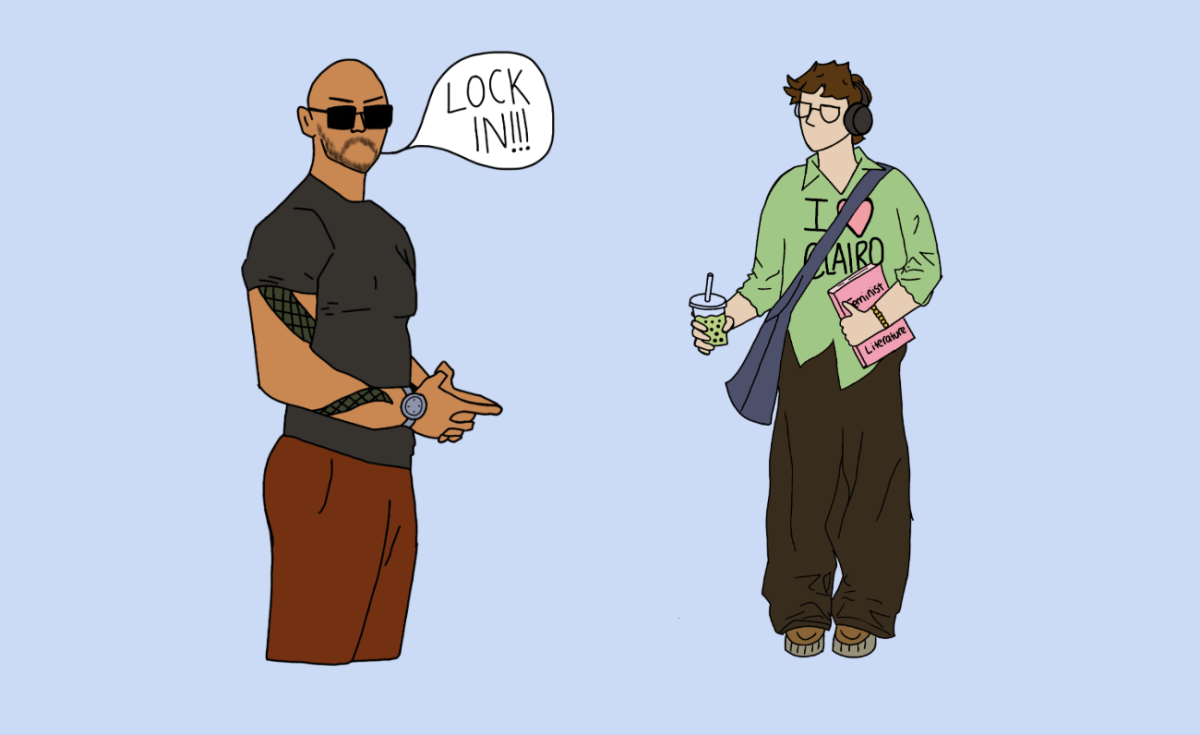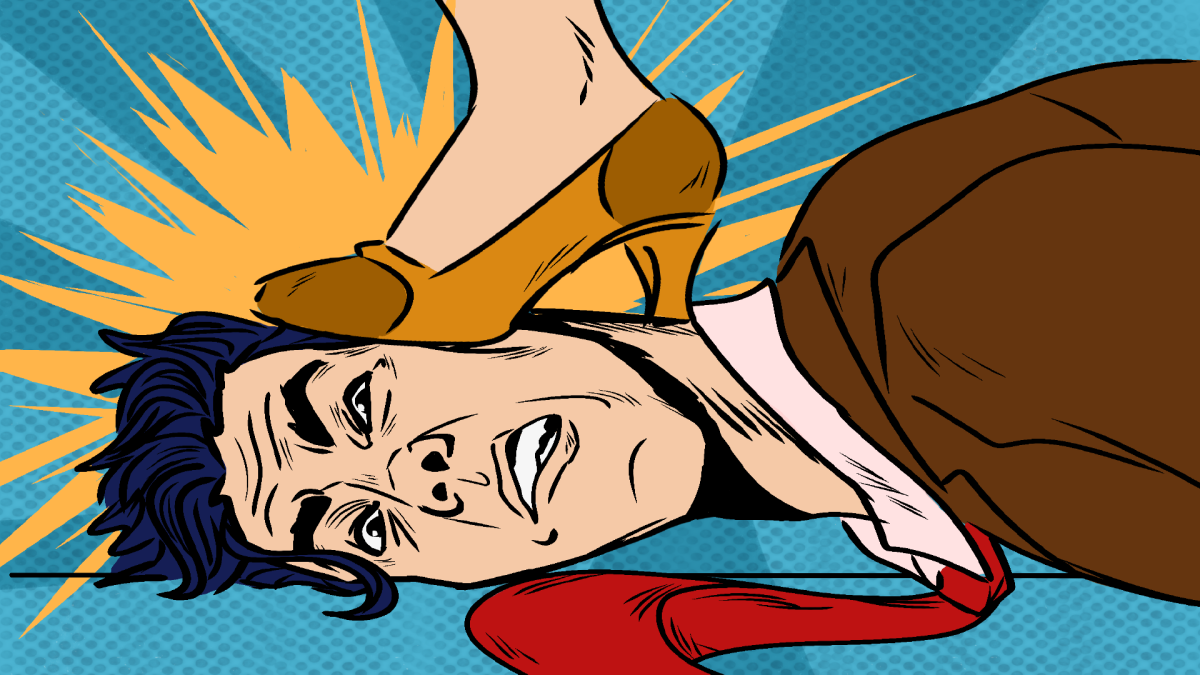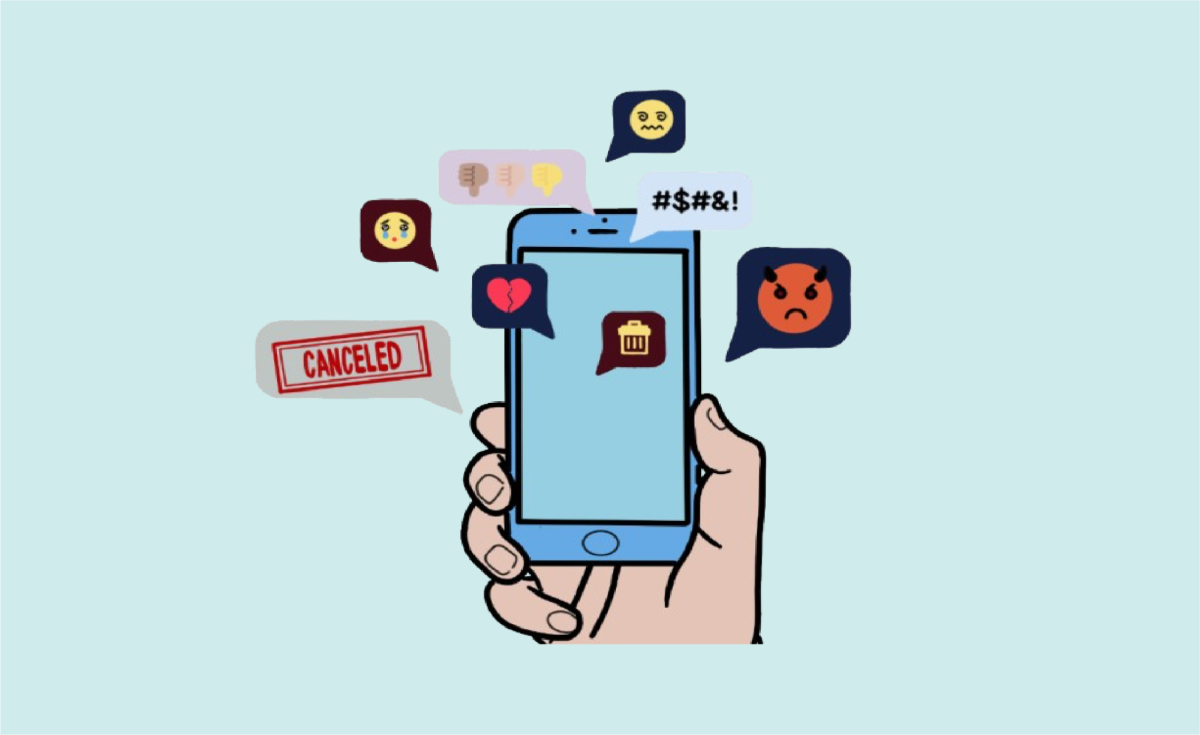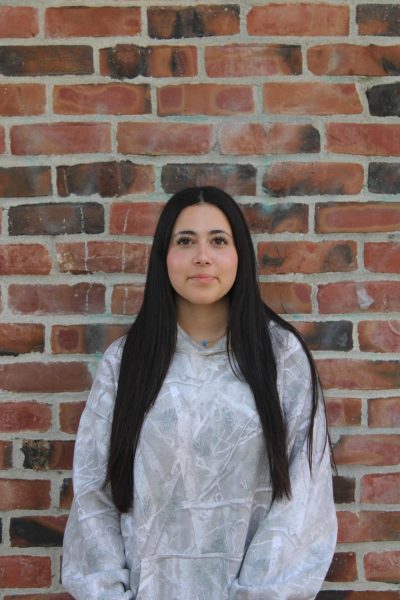Platforms like Tiktok, Instagram and Reddit are flooded with influencers, self-proclaimed health experts and even legitimate doctors sharing tips. These posts often oversimplify complex medical issues, leading individuals to draw incorrect conclusions about their symptoms; this is known as self-diagnosing.
According to a study published by the Journal of Medical Internet Research, over 60% of Americans turn to the internet for medical advice before consulting a healthcare provider. Among the younger populations, social media is increasingly preferred over traditional medical sources.
One of the biggest dangers of relying on internet advice is mistaking mild symptoms for severe conditions. When searching for the cause of a simple headache on Google, the results shown can be linked to brain tumors, triggering unnecessary panic. Conversely, serious conditions can be overlooked when symptoms are dismissed as common illnesses.
The constant exposure to alarming health content has given rise to a term called cyberchondria, which is used to describe heightened anxiety caused by online self-diagnosis. Algorithms on social media platforms exacerbate this issue by showing users more content related to their searches. This exposure can make minor symptoms seem more serious and contribute to ongoing stress.
“I feel like every day I scroll on TikTok and I see fake news,” FHS sophomore Tamar Shelly said. “I think it’s very dangerous because there’s a misunderstanding of things on the internet that can lead people to do dangerous things, health wise. It’s very scary because usually, when I search for things like my health, it’s things I don’t want to see.”
Even when well-intentioned, much of the advice shared online lacks scientific accuracy. Influencers with no medical training can easily gain large followings, perpetuating myths about treatments or conditions. Usually, the viewers will trust the source and diagnose themselves with that certain disease the particular video was about. This is why experts urge individuals to treat online information as a starting point rather than a definitive diagnosis. Seeking professional medical advice remains critical for accurate assessment and treatment.
“[Misdiagnosis on the internet] made me realize that I should actually go to a doctor and not trust anything that I can see online,” Shelly said.
The internet is a valuable tool, but it should be used wisely. While it can help raise awareness and prompt individuals to seek medical care, it should never replace a visit to a real healthcare professional. In a generation dominated by digital content, balancing curiosity along with caution is the key to protect both physical and mental health.


